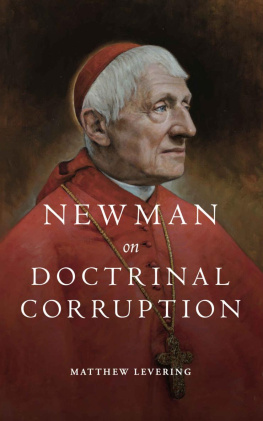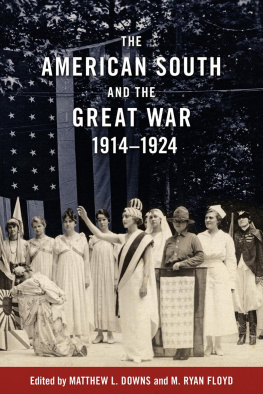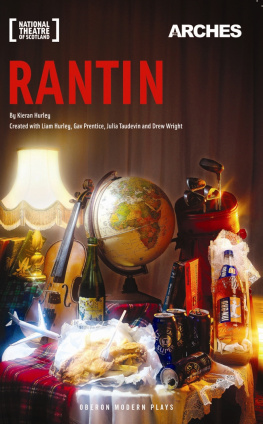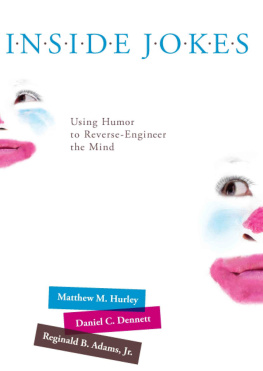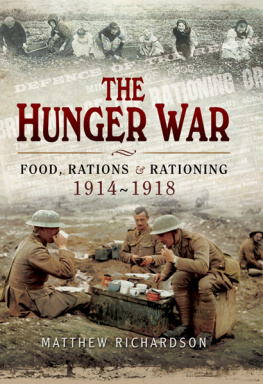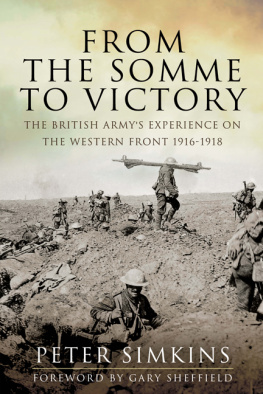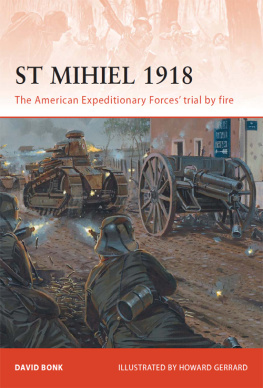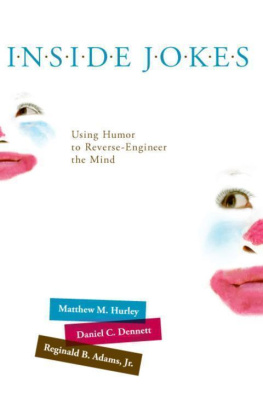
This edition is published by PICKLE PARTNERS PUBLISHINGwww.picklepartnerspublishing.com
To join our mailing list for new titles or for issues with our books picklepublishing@gmail.com
Or on Facebook
Text originally published in 1991 under the same title.
Pickle Partners Publishing 2014, all rights reserved. No part of this publication may be reproduced, stored in a retrieval system or transmitted by any means, electrical, mechanical or otherwise without the written permission of the copyright holder.
Publishers Note
Although in most cases we have retained the Authors original spelling and grammar to authentically reproduce the work of the Author and the original intent of such material, some additional notes and clarifications have been added for the modern readers benefit.
We have also made every effort to include all maps and illustrations of the original edition the limitations of formatting do not allow of including larger maps, we will upload as many of these maps as possible.
A WORKERS WAY OF WAR: The Red Armys Doctrinal Debate, 1918-1924
by
Matthew M. Hurley
TABLE OF CONTENTS
Contents
TABLE OF CONTENTS
REQUEST FROM THE PUBLISHER
THE SOCIALIST OATH
1. I, son of the working people and a citizen of the Soviet Republic, assume the title of a soldier of the Workers and Peasants Red Army.
2. Before the working class of Russia and of the whole world I pledge myself to bear this title in honor, to study the art of war conscientiously, and to protect, like the apple of my eye, all public and military property from damage and robbery.
3. I pledge myself to observe revolutionary discipline strictly and unflaggingly, and to obey without question all orders given by commanders appointed by the Workers and Peasants Government.
4. I pledge myself to abstain from any action derogatory to the dignity of a citizen of the Soviet Republic, and to restrain my comrades from such action, and to direct all my thoughts and actions towards the great goal of the emancipation of all the working people.
5. I pledge myself to respond to the first call from the Workers and Peasants Government to defend the Soviet Republic against any dangers and attacks from any enemy, and to spare neither my strength nor my life in the fight for the Russian Soviet Republic and for the cause of socialism and the brotherhood of the peoples.
6. If ever, with evil intent, I should depart from this my solemn promise, may the scorn of all be my lot and may the stern hand of revolutionary law punish me.
Leon Trotsky (1918)
Abstract
Following the October 1917 Revolution, the leaders of the fledgling Red Army embarked on a debate concerning the nature, form, and function of military doctrine. A group known as the 'military communists,' including M.V. Frunze, M.N. Tukhachevsky, K. Voroshilov, and S.I. Gusev sought to formulate a 'proletarian' military doctrine based on the lessons of the Russian Civil War (1918-21) and purged of supposedly outmoded, bourgeois military thought. Their doctrine, they claimed, would be based overwhelmingly on maneuver and the offensive, which they felt best represented the 'active' nature of the working class. Against them stood Commissar for War Leon Trotsky, supported by ex-Tsarist military specialists, notably A.A. Svechin. Trotsky and his allies, noting the Soviet Union's backwardness relative to the West, professed a policy of expediency in military affairs. Though Trotsky and Svechin proved their position correct both in reference to military affairs and orthodox communist thought, the ripening political struggle eventually secured Frunze's and Tukhachevsky's domination of the Red Army and Trotsky's eventual ouster and exile.
INTRODUCTION
In On War , the nineteenth century German military historian Karl von Clausewitz postulated that War is a mere continuation of policy by other means. {1} Clearly, the potential risks of using armed force, among them the possible destruction of a belligerent nation, suggest the expectation of some significant political gain through its implementation. However, the relationship between politics and war took on increased importance as weapons technology, the intensity of warfare, and the size of the opposing forcesin short, the sheer destructive potential of war increased throughout the 19th and early 20th centuries.
Since the October 1917 Revolution, the leadership of the Soviet Union has used military force as a political instrument, both internally and externally. Its goals over time have included the acquisition of power, the suppression of internal unrest, and the installation or preservation of friendly, compliant regimes in client states. V.I. Lenin himself studied Clausewitz intensively, and the first Soviet Law of War maintains that the course and outcome of war are dependent on the political goals of the warring sides. {2} There is, however, a subtle yet important distinction between the Clausewitzean and Leninist conceptions of armed conflict. Lenin maintained that every war is inseparable from the political system from which it arises [emphasis added], {3} suggesting that the relationship between war and politics includes more than just the goals of military force; exactly how much more, however, was never made clear. In the Soviet Union, a state allegedly founded on Marxism-Leninism and the class interests of the proletariat, the relationship between political philosophy and purely military considerations became the subject of a heated debate which peaked in the early 1920s.
Few aspects of military affairs were spared the intrusion of ideological meddling, but the primary areas of contention included the organization of the Red Army, its relationship to the party, the political indoctrination of its members, and its military doctrine {4} The doctrinal debate, perhaps the most bitter of the lot, ran its course with varying degrees of intensity from 1918 to 1924. Many Red Army commanders vigorously opposed any doctrine that resembled the reactionary military mindset of capitalist states or the defunct Imperial Russian army. Convinced that they had discovered a new, proletarian method of warfare during the Russian Civil War, a method based on maneuver and offensive action, these military communists {5} wanted a class-based doctrine founded on those principles. Their opponents, firm in their belief that the fundamentals of war were essentially the same for all armies, feared any effort to forge a proletarian military doctrine based on communist ideology and the lessons of the Civil War alone. In their view any attempt to create such a doctrine, or to limit the operational flexibility of the Red Army, would inevitably hamper innovative military thinking and ensure disaster on the battlefield.
Lip service to proletarian military doctrine would continue long after the 1920s, but the Red Army found that it could never quite exorcise the specter of bourgeois military thought. There was, however, another level to the debate, for while military men argued over military theory, a political struggle developed which eventually secured Stalins dominance of the party and the nation. In his way stood his chief political rival: the Peoples Commissar for War, Leon Trotsky. {6} Trotskys opponents and competitors, including Stalin, simply had to remove him from his military posts to get a piece of the post-Lenin action. While Trotsky vigorouslyand for the most part successfully argued against the idea of a class-based warfighting doctrine, many of Stalins supporters took the opposite side and enthusiastically advocated that approach. Though it is difficult to assess the extent to which party politics and personal ambitions (as opposed to military considerations) motivated these military communists, one can easily see that Trotskys theoretical brilliance and abrasive personality contributed significantly to his subsequent downfall.




